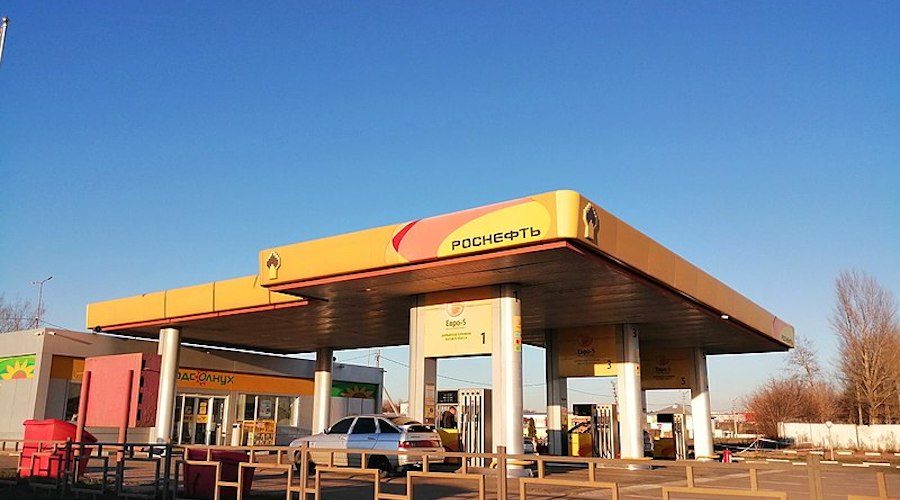
The surprise move from the British company is the latest sign of how far Western powers are willing to go to punish President Vladimir Putin for his invasion of Ukraine. BP has been in Russia for three decades and just weeks ago was staunchly defending its presence.
The development raises many questions. BP didn’t say whether it was planning to sell its roughly 20% stake in Rosneft, or simply walk away. Any potential buyer would have to navigate a tightening web of economic sanctions that would make any transaction extremely difficult.
BP did say that it would no longer account for its share of oil and gas reserves, production and profit from its stake in Rosneft. Chief Executive Officer Bernard Looney will also resign with immediate effect from the Russian company’s board, as will his predecessor Bob Dudley.
BP has come under pressure from the U.K. government over its stake in the Russian oil major, just as Western nations are trying to inflict as much economic pain as possible on Moscow for its invasion of Ukraine. Looney was summoned by U.K. Business Minister Kwasi Kwarteng to explain the company’s links last week. Kwarteng welcomed the move on Sunday.
“This military action represents a fundamental change. It has led the BP board to conclude, after a thorough process, that our involvement with Rosneft, a state-owned enterprise, simply cannot continue,” the company said in a statement.
The move — and the associated charge — may come as a shock to investors on Monday: BP shares have risen 15% this year, bolstered by rising oil prices even as pressure mounted on the company for its Russia links.
While BP reports its share of Rosneft production, reserves and profit for accounting purposes, it only receives a dividend payment from the Russian company. Last year, the London-based major received $640 million in two payments from Rosneft. BP doesn’t have direct stakes in any of Rosneft’s fields nor physical access to the hydrocarbons they produce.